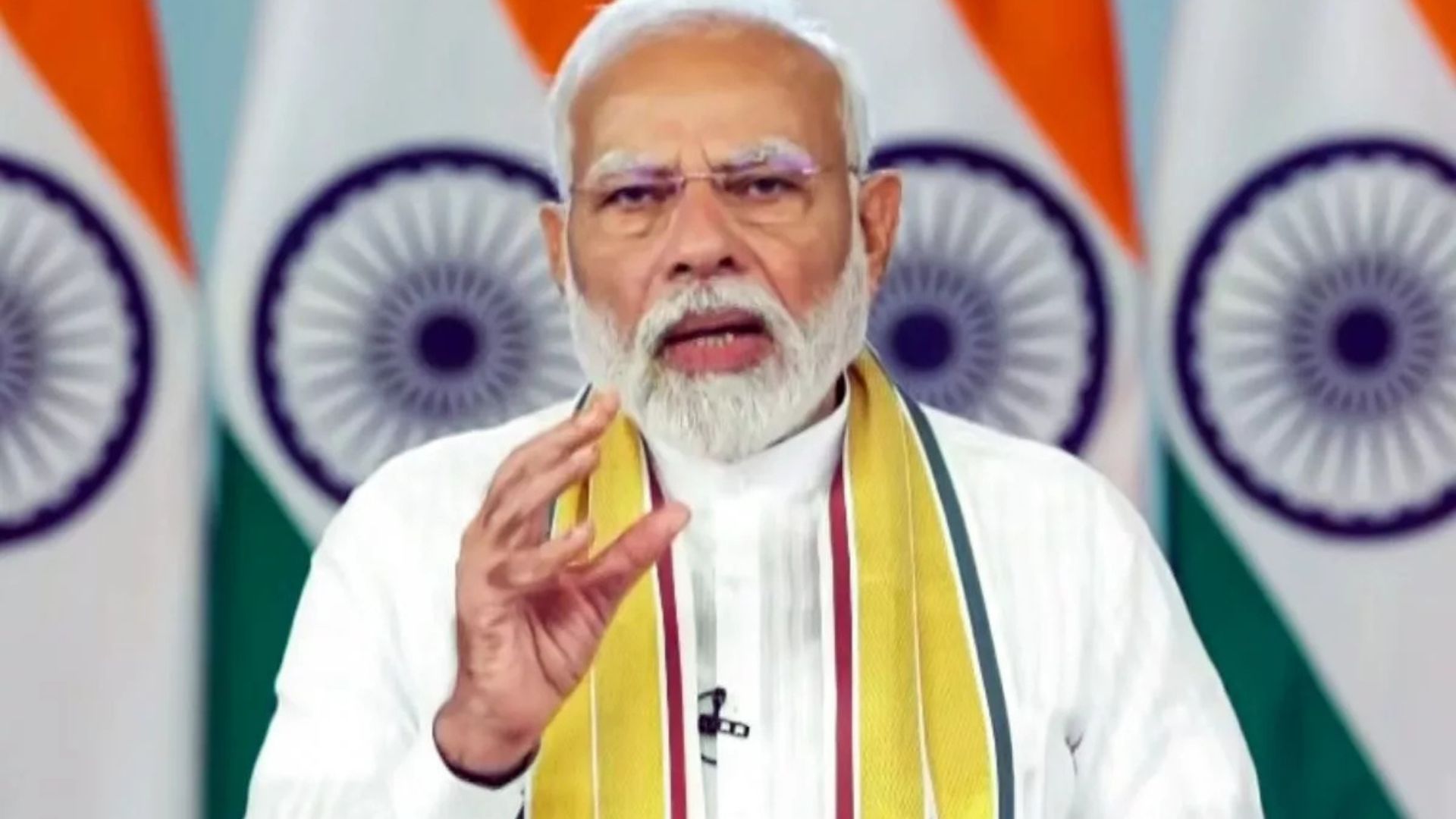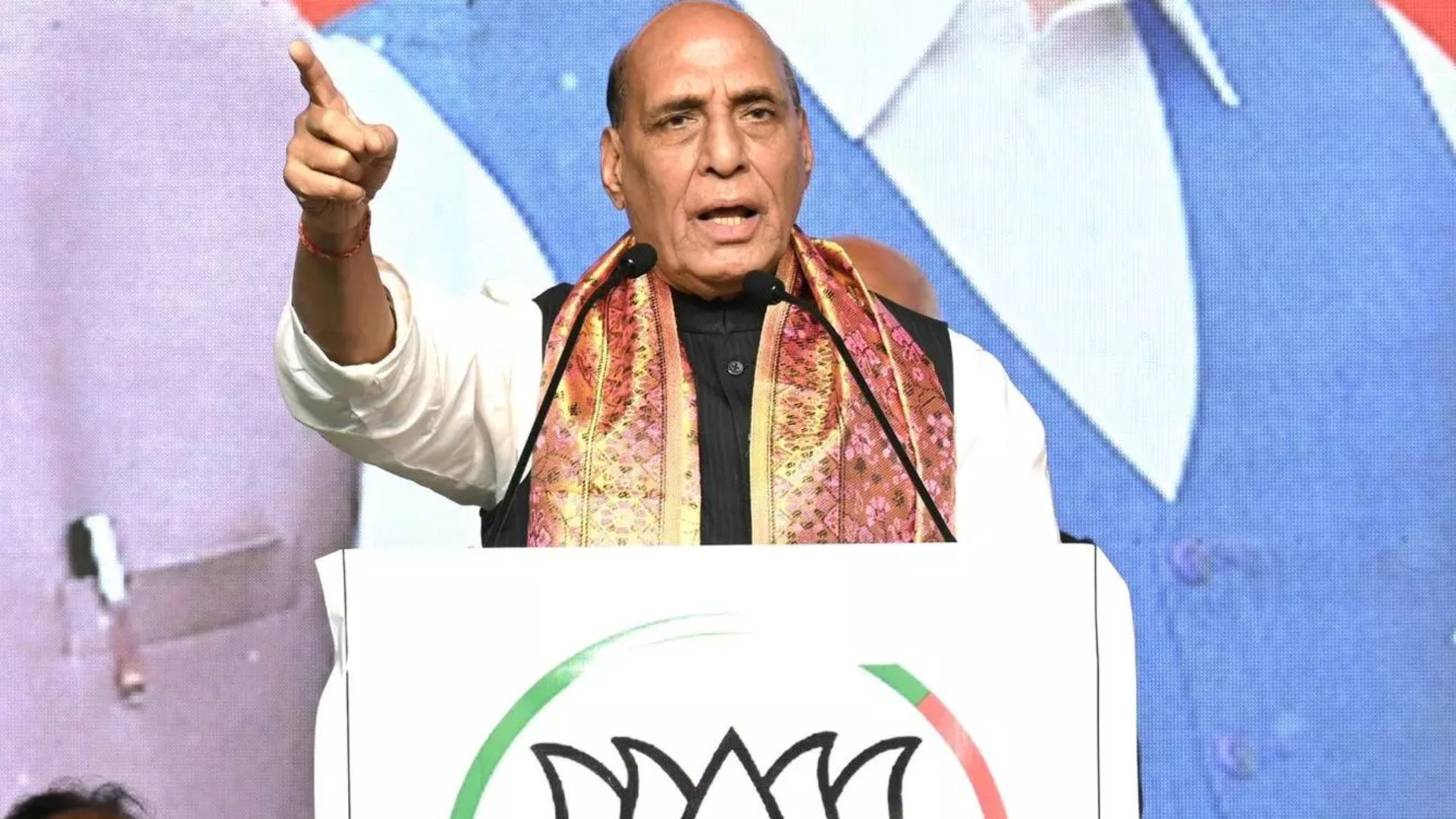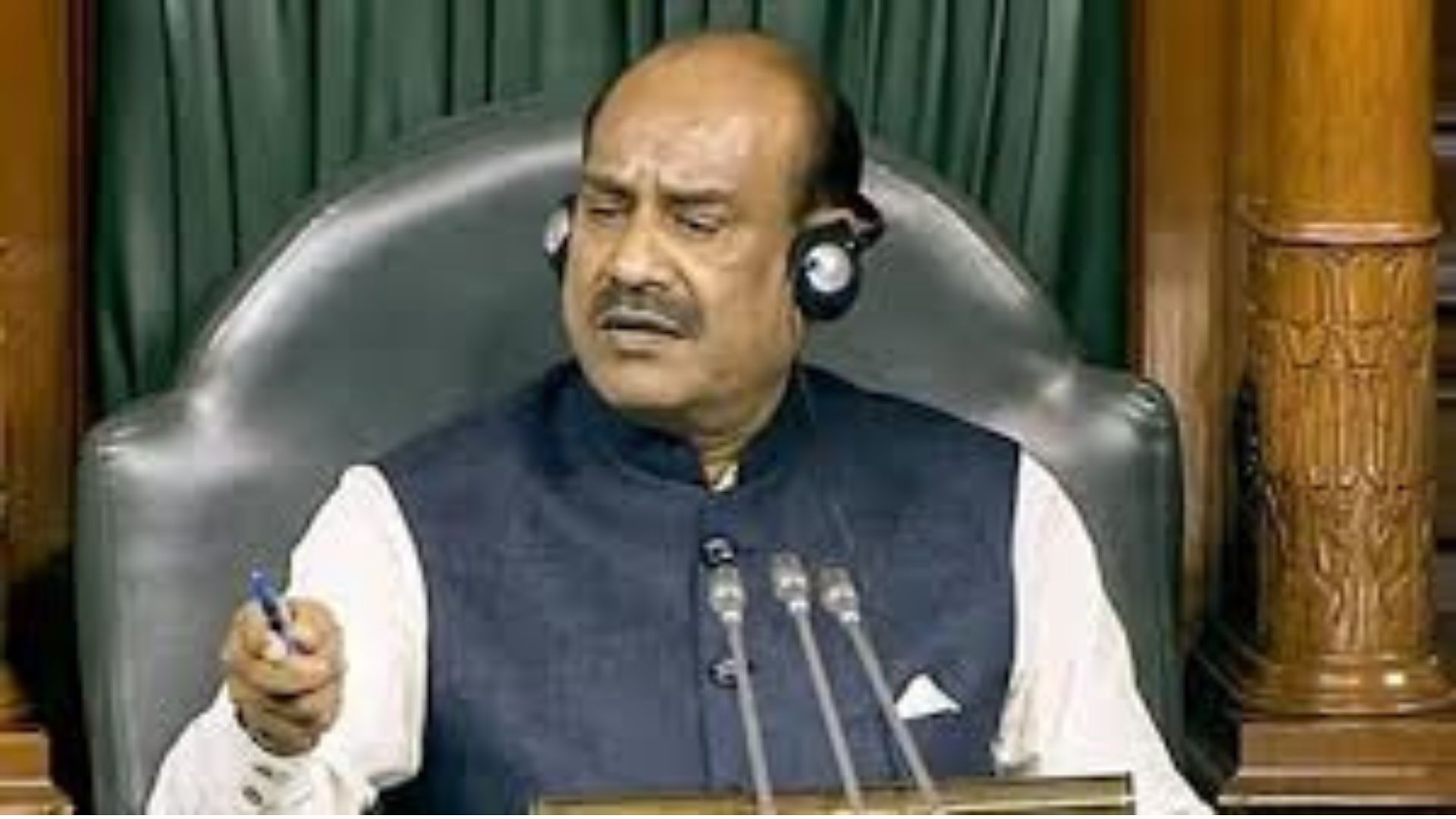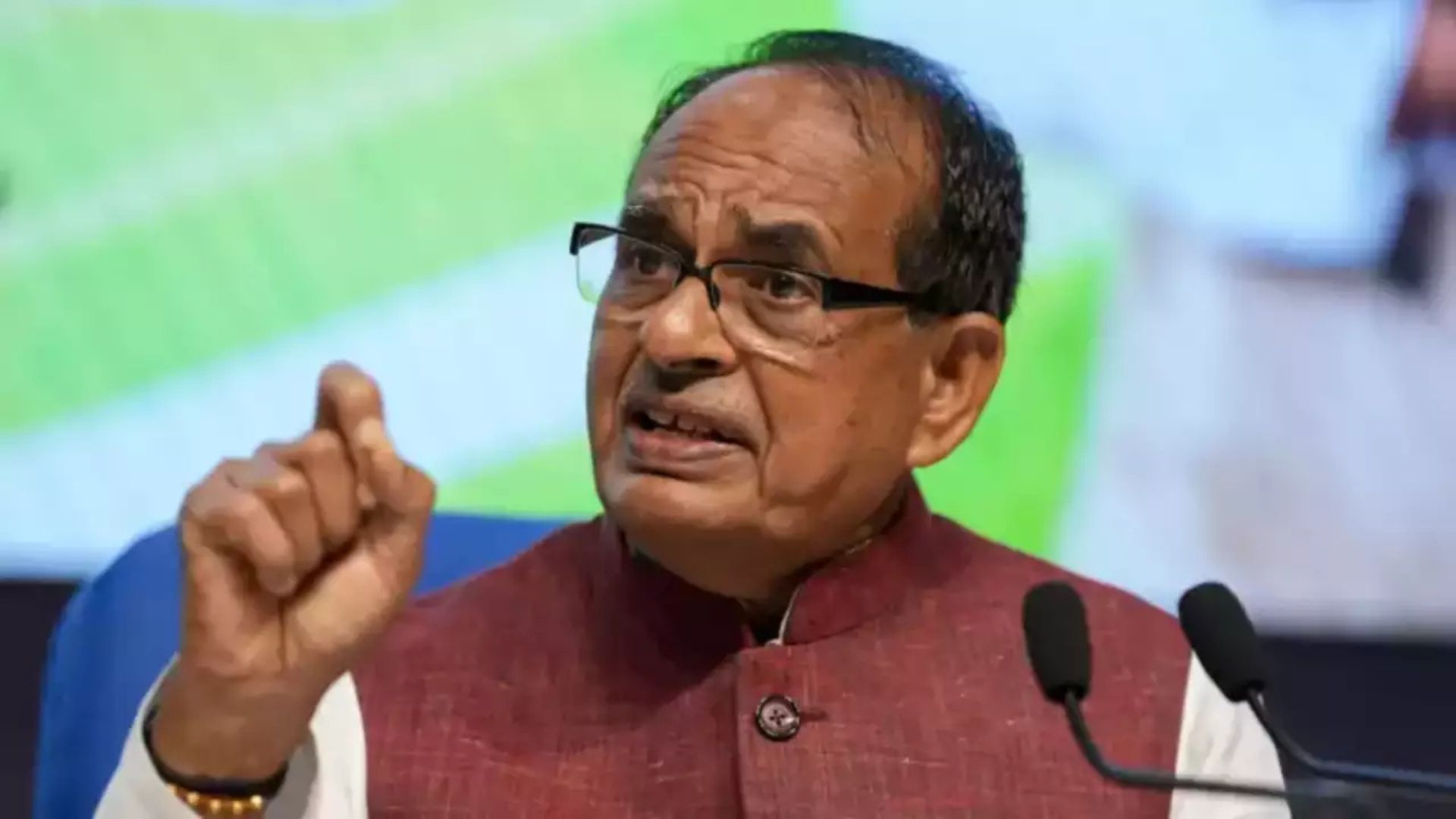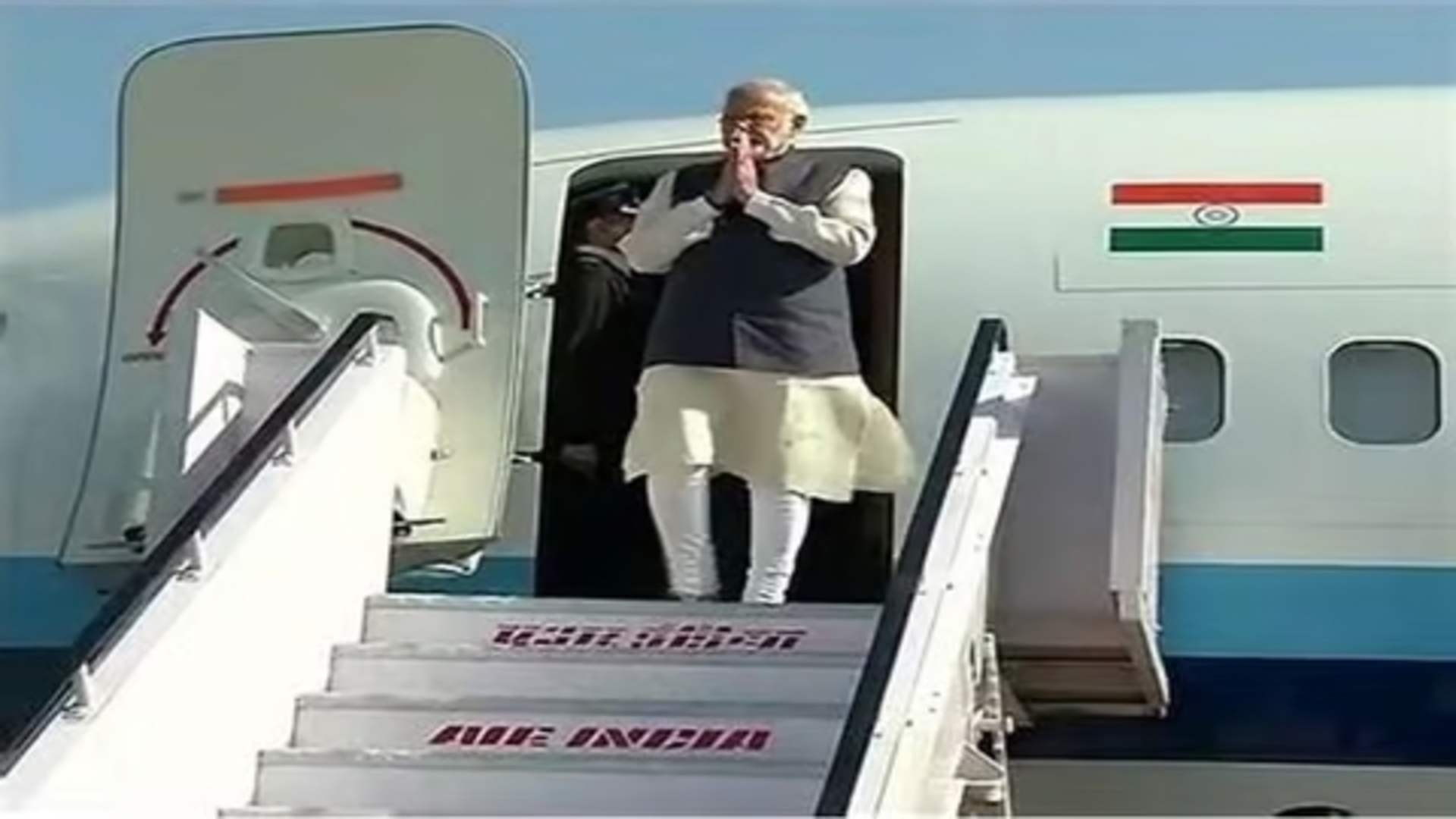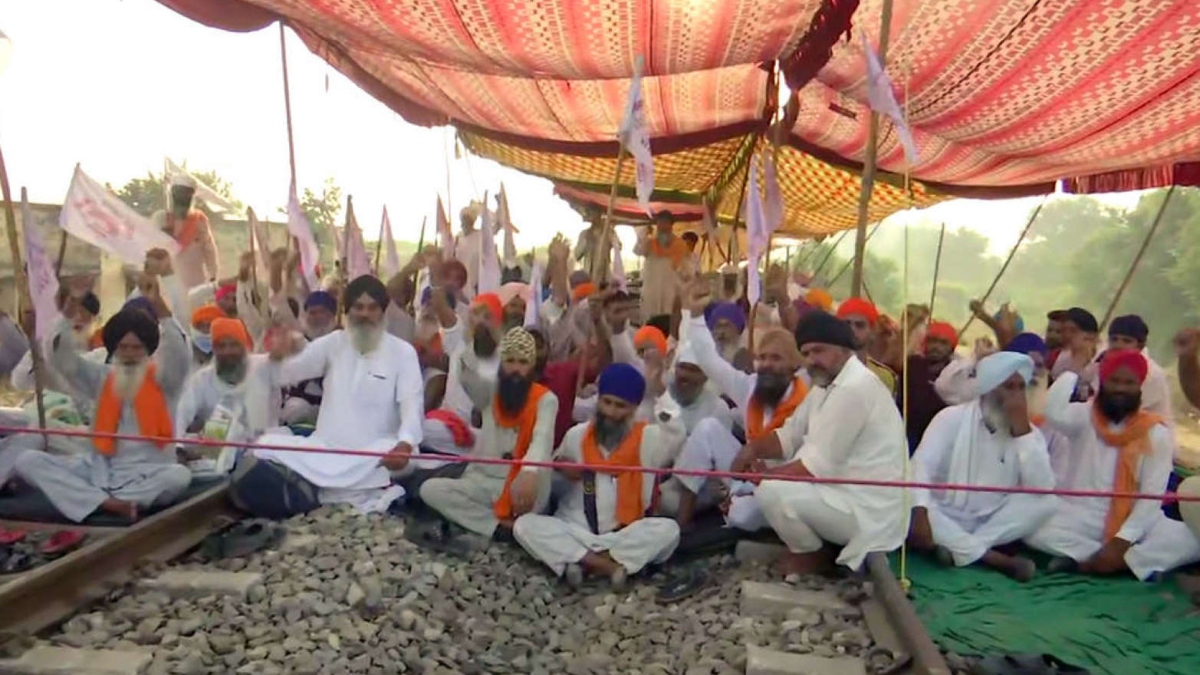
In a latest, landmark and laudable judgement titled Haryana Progressive Farmers Union — Sabka Mangal Ho Vs State of Haryana and another in CWP No. 14874 of 2020 delivered just recently on September 18, 2020, the Punjab and Haryana High Court has directed the DGP Haryana to ‘sensitise’ police officials performing duties during these farmers protests against the three Ordinances regulating farming and agricultural sectors about the guidelines for police laid down by the Supreme Court in the famous DK Basu case. A plea was filed by the Haryana Progressive Farmers Union alleging that during the farmers protest against the Agricultural Ordinances on September 10, 2020, few unknown persons, some in police uniform and others without resorted to lathi charge to dispel the crowd. It is a sad commentary that even after 23 years of the famous DK Basu’s ruling, we still see that its guidelines are still not being implemented by the police in our country.
To start with, this noteworthy judgment authored by Justice Arun Moga of Punjab and Haryana High Court in oral first and foremost sets the ball rolling in para 1 wherein it is observed that, “Petitioner, a farmers Union, inter alia, seeks issuance of a writ in the nature of mandamus, directing the respondents, to ensure that police officers of all ranks while on law and order duty, particularly, during the mass protests/agitations, shall wear proper uniform with visible clear identification, their name tags with designations. Further prayer has been made that all the protestors detained or arrested, ought to be given immediate medical treatment.”
To say the least, para 2 then reveals that, “Learned counsel for the petitioner contends that, on 10.09.2020, when the farmers in Haryana, owing allegiance to the petitioner union, were on a protest rally, few unknown persons, some in police uniform and others without, resorted to lathi charge to dispel the crowd. He relies on the photographs appended with the petition, purported to be of the scene of occurrence. The farmers were protesting against three agriculture ordinances issued by the Government of India. In the said incident, numerous farmers, including many old aged, were allegedly injured by unknown police officials but even the basic medical care was not provided.”
Be it noted, para 3 then further reveals that, “Learned counsel relies on guidelines/safeguards laid down by Apex Court way back in year 1997 in “D.K. Basu v. State of West Bengal” 1997 (1) SCC 416. He contends we are in year 2020 and yet, 23 years later, the said safeguards are not being implemented in State of Haryana. Seeking compliance thereof, petitioner-Union submitted Legal Notice/Representation dated 12.09.2020 (Annexure P-5) but the same has not been adverted till date. Hence, the petition.”
Furthermore, while para 4 mentions “Notice of motion”, we then see how para 5 then discloses that, “Ms. Mamta Talwar, DAG, Haryana, who has joined proceedings on service of advance copy of the petition, appears and accepts notice on behalf of State of Haryana.”
For the sake of clarity, it is then mentioned in para 6 that, “Given the nature of order being passed, there is no necessity to seek any return and/or conduct further proceedings.”
Most significantly, it is then envisaged in para 7 that, “Directions issued by Apex Court and the envisaged procedural safeguards to be observed by police administration per D.K. Basu’s case (supra) are no doubt to be followed/implemented in strict letter and spirit. For ready reference, the relevant is reproduced here under:
“We therefore, consider it appropriate to issue the following requirements to be followed in all cases of arrest or detention till legal provisions are made in that behalf as preventive measures:
(1) The police personnel carrying out the arrest and handling the interrogation of the arrestee should bear accurate, visible and clear identification and name tags with their designations. The particulars of all such police personnel who handle interrogation of the arrestee must be recorded in a register.
(2) That the police officer carrying out the arrest of the arrestee shall prepare a memo of arrest, at the time of arrest such memo shall be attested by at least one witness, who may be either a member of the family of the arrestee or a respectable person of the locality from where the arrest is made. It shall also be counter signed by the arrestee and shall contain the time and date of arrest.
(3) A person who has been arrested or detained and is being held in custody in a police station or interrogation centre or other lock up, shall be entitled to have one friend or relative or other person known to him or having interest in his welfare being informed, as soon as practicable, that he has been arrested and is being detained at the particular place, unless the attesting witness of the memo of arrest is himself such a friend or a relative of the arrestee.
(4) The time, place of arrest and venue of custody of an arrestee must be notified by the police where the next friend or relative of the arrestee lives outside the district or town through the Legal Aid Organization in the District and the police station of the area concerned telegraphically within a period of 8 to 12 hours after the arrest.
(5) The person arrested must be made aware of this right to have someone informed of his arrest or detention as soon he is put under arrest or is detained.
(6) An entry must be made in the diary at the place of detention regarding the arrest of the person which shall also disclose the name of the next friend of the person who has been informed of the arrest and the names and particulars of the police officials in whose custody the arrestee is.
(7) The arrestee should, where he so requests, be also examined at the time of his arrest and major and minor injuries, if any present on his/her body, must be recorded at that time. The “Inspection Memo” must be signed both by the arrestee and the police officer effecting the arrest and its copy provided to the arrestee.
(8) The arrestee should be subjected to medical examination by trained doctor every 48 hours during his detention in custody by a doctor on the panel of approved doctors appointed by Director, Health Services of the concerned State or Union Territory. Director, Health Services should prepare such a panel for all Tehsils and Districts as well.
(9) Copies of all the documents including the memo of arrest referred to above, should be sent to the Illaqa Magistrate for his record.
(10) The arrestee may be permitted to meet his lawyer during interrogation, though not throughout the interrogation.
(11) A police control room should be provided at all district and state headquarters, where information regarding the arrest and the place of custody of the arrestee shall be communicated by the officer causing the arrest, within 12 hours of effecting the arrest and at the police control room it should be displayed on a conspicuous notice board.
Failure to comply with the requirements hereinabove mentioned shall apart from rendering the concerned official liable for departmental action, also render him liable to be punished for contempt of court and the proceedings for contempt of court may be instituted in any High Court of the country, having territorial jurisdiction over the matter.
The requirements referred to above flow from Articles 21 and 22(1) of the Constitution and need to be strictly followed. These would apply with equal force to the other governmental agencies also to which a reference has been made earlier. These requirements are in addition to the constitutional and statutory safeguards and do not detract from various other directions given by the courts from time to time in connection with the safeguarding of the rights and dignity of the arrestee.”
In tune with the intent/ratio of the Supreme Court judgment, some of the above said preventive protections/directions, later on, by way of appropriate amendments in the Code of Criminal Procedure, 1973, have also been given legislative mandate.”
While disposing the writ petition, the Punjab and Haryana High Court then observes in para 8 that, “In the premise, without commenting on the merits of allegations/averments contained in the writ petition, the same is disposed of with a request to the Director General of Police, State of Haryana, to once again sensitize police officials of the state, on regular intervals, qua the aforesaid safeguards/parameters, to be followed by police officials while on duty. Regarding other allegations containing in the petitioner herein, the petitioner is at liberty to follow up its representation/legal notice, Annexure P-5, with the competent authority. Disposal of the present writ petition shall not be construed to mean that, if any genuine grievance is made out, the competent authority shall not look into the same. It is expected of the competent authority to pass appropriate orders qua Annexure P-5, in accordance with law, as expeditiously as possible.”
On a final note, it is then held in para 9 that, “In the parting, this court would also like to observe that the Director General of Police, State of Haryana, would do well by directing all the district police heads to ensure that a print out of all the 11 directions, per DK Basu, supra, are prominently displayed in a minimum font of 20 or 22, on a conspicuous notice board at the entrance of every police station in the State. Similar exercise, in fact, ought to be carried out in the State of Punjab as well. Registry is, therefore, directed to convey copy of this order to the Director General of Police, State of Punjab, who is also requested to do the needful, as aforesaid.”
All said and done, it is a no-brainer that the Haryana DGP must implement what the Punjab and Haryana High Court has held so clearly, cogently and convincingly on implementing police guidelines in DK Basu’s case and even the Punjab DGP is urged to do the needful just like Haryana. This will certainly ensure that the old and the weak are not unnecessarily lathicharged by the police which is the crying need of the hour also! No society and no country can ever progress where human rights are not respected in totality and so the human rights have to be accorded the highest priority always in our country. Even the Supreme Court will hear on October 7, 2020 the plea to revive DK Basu’s case to issue fresh guidelines to curb custodial torture. This is a very hot button issue and cannot be kept in cold storage any longer as it directly affects the people and agitates them when they see that the police beats them mercilessly without any strong reason! There can certainly be no denying it!
